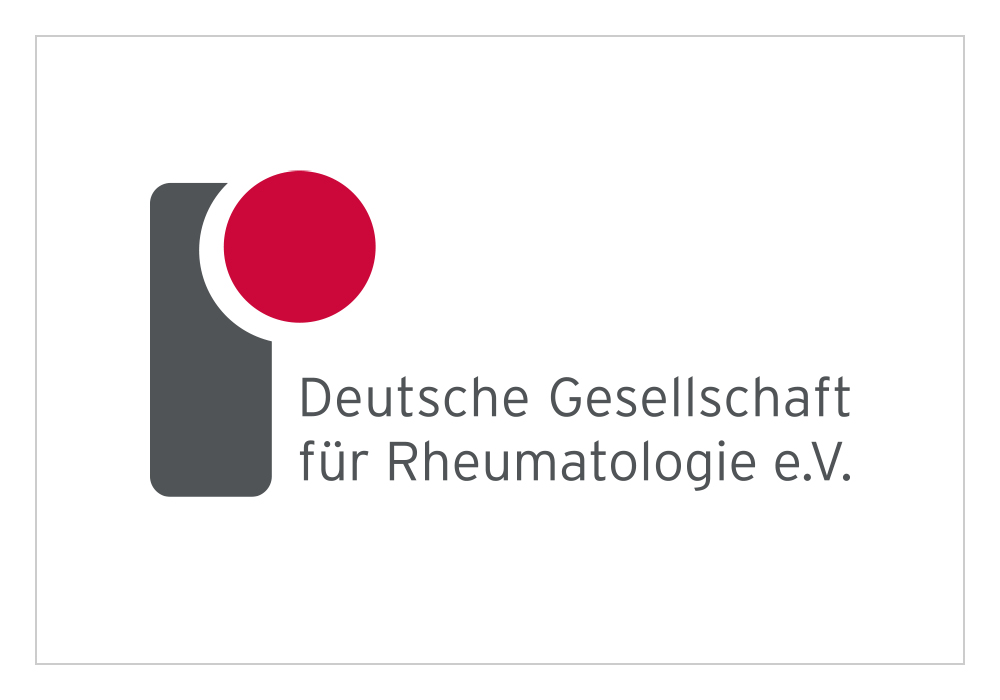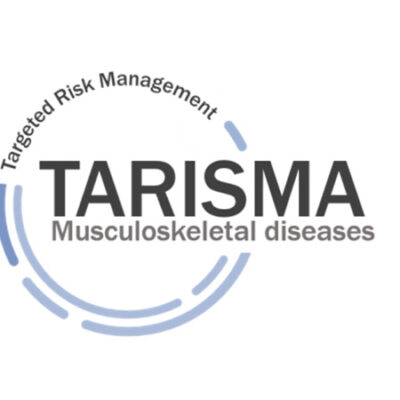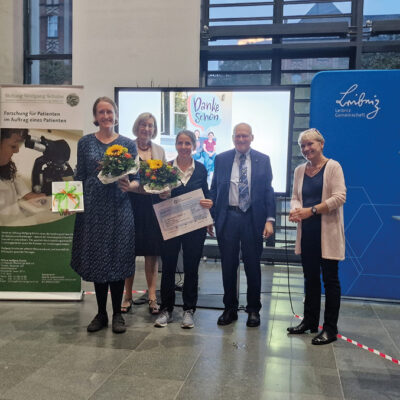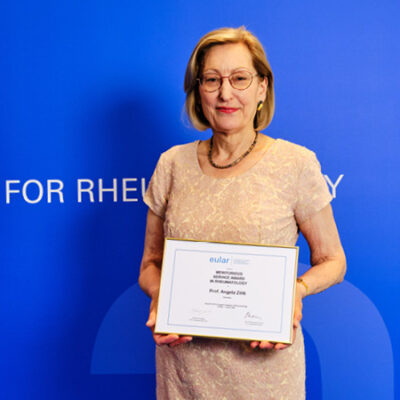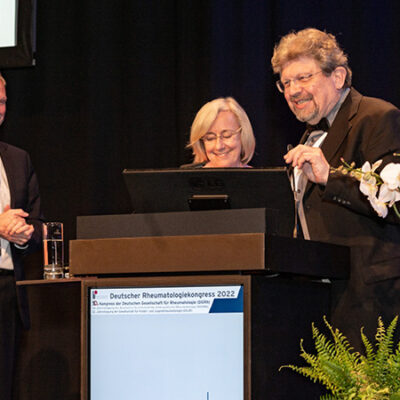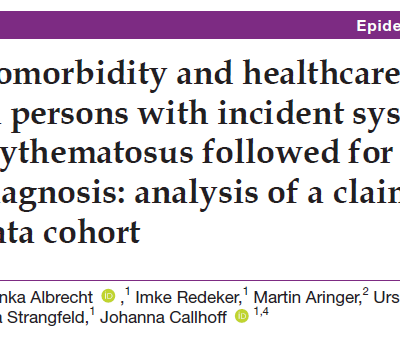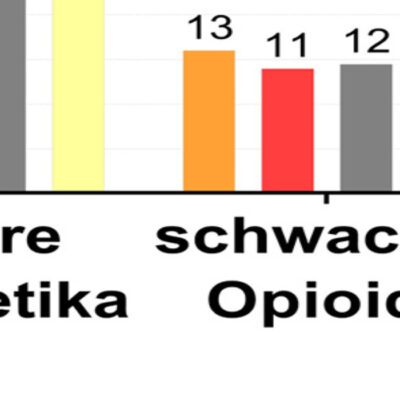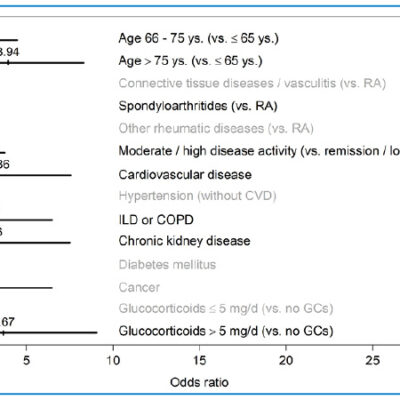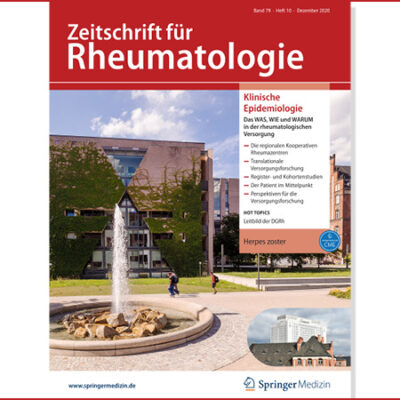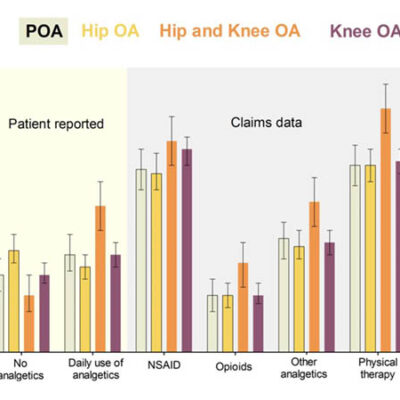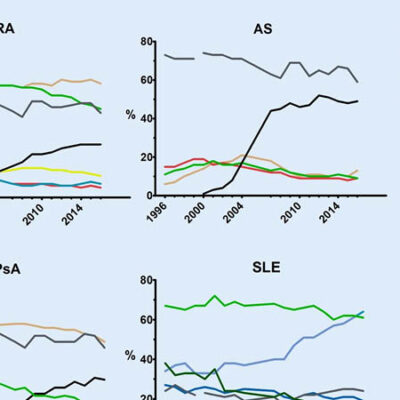Health Services Research
Die Versorgung im Blick
Focus on the care of rheumatic patients
How quickly do affected people reach a rheumatologist when the disease breaks out? Which drugs are prescribed at the onset and during the course of the disease? Which role do family doctors and other specialists play in the care of patients?
Researchers at the DRFZ are investigating how well rheumatic patients are cared for throughout Germany. In cooperation with rheumatologists, patients are observed over many years. The comprehensive analyses of these data show which therapies are used in clinics and practices at which stage of the disease. Furthermore, it documents which physical and social limitations affected persons face. The researchers pass on the results to the practicing physicians and also to the political decision-makers. The aim is to ensure that all patients receive the best possible therapy, and this is about more than just the right medication.
Rheumatic patients are much better off today than 25 years ago
An important instrument of health services research at the DRFZ is the National Database of the German Collaborative Arthritis Centers. It has been collecting clinical data and patient information of approximately 12,000 patients with rheumatic diseases every year for more than 25 years. The database proves that the disease situation of rheumatism patients has improved continuously since the beginning of the study:
- the ability to work has increased significantly
- the burden of disease due to pain or functional impairment has decreased
- more and more patients achieve an improvement in symptoms or are even symptom-free due to early therapy
- while the overall cost of treatment has risen significantly, the societal cost of sick leave has decreased
The DRFZ coordinates the National Database, the regional Arthritis Centers collect the data.
Rheumatic patients should see a rheumatologist
By analysing health insurance data and related patient information, researchers at the DRFZ were able to uncover major deficits in the prescription of anti-rheumatic therapies in the following patient groups:
- Patients who were not in specialist medical care. Only 2 out of 3 of those questioned were seeing a rheumatologist
- patients older than 60 years
- Patients who had so-called rheumatoid factors in the blood – these are autoantibodies that can often, but not always, be found in rheumatoid arthritis
With this project (PROCLAIR), the DRFZ has gained insight into the care of rheumatic patients who are not patients of the regional Arthritis Centers. In the follow-up project TARISMA, which has been funded by the Federal Ministry of Education and Research since May 2020, further possible risks for insufficient care are being investigated. In this project the focus is extended to rare rheumatic diseases such as Sjögren’s syndrome and systemic lupus erythematosus. The TARISMA project involves research partners from the German Rheumatism League in order to take into account the patients’ perspectives.

 Deutsch
Deutsch



